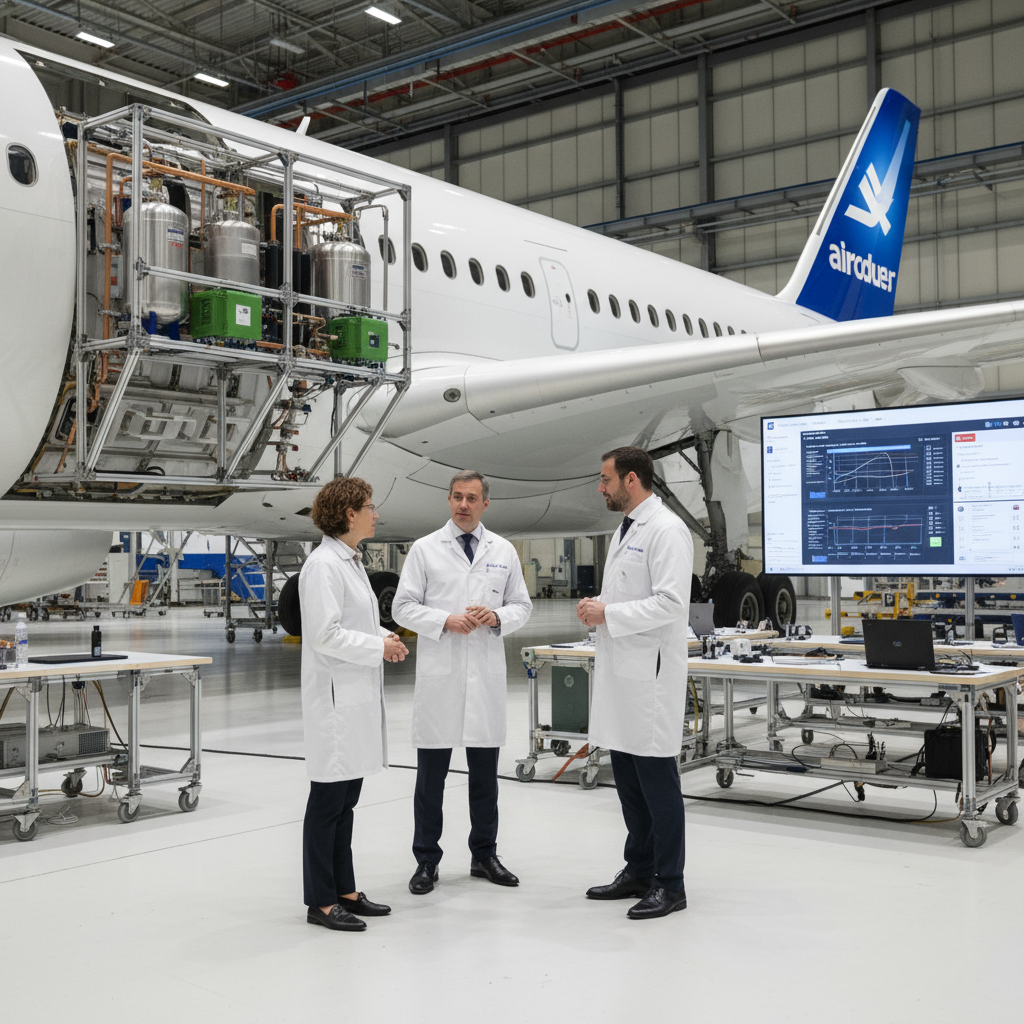Physical Address
304 North Cardinal St.
Dorchester Center, MA 02124
Physical Address
304 North Cardinal St.
Dorchester Center, MA 02124
Global aviation news tracker
Global aviation news tracker

Airbus is doubling down on hydrogen aircraft research at its Toulouse headquarters, targeting a demonstrator flight by 2027.
On October 11, 2025, Airbus unveiled a major new investment to expand hydrogen aircraft research and development at its Toulouse (France) campus. The programme will grow laboratory space and test facilities, speed up prototype work and deepen collaborations with European universities and energy companies to push zero-emission propulsion closer to reality.
The company says the work will accelerate demonstrator development with a goal of achieving a first flight by 2027. That timeline positions Airbus as a key player in next-generation green aviation and supports wider European Union climate objectives for the sector, which emphasise rapid decarbonisation and technology demonstrations in the second half of this decade.
Hydrogen offers a pathway to near-zero CO2 operations for short- and medium-haul sectors when paired with low-carbon hydrogen production. Airbus’ plan aims to validate systems, storage solutions and test procedures at scale — critical steps before certification and commercial use. The Toulouse expansion will also create more opportunities for cross-sector testing with energy partners handling hydrogen supply, storage and refuelling logistics.
The announcement doubles down on a trend among manufacturers and airlines exploring hydrogen, sustainable aviation fuels and electrification to meet 2050 climate targets. Airbus’ Toulouse hub—already a centre for design and systems testing—will now host more concentrated efforts on hydrogen system validation, from cryogenic tanks to fuel-cell and combustion trials. While timelines for commercial hydrogen airliners remain longer, demonstrator flights are a vital step in proving operational concepts and safety cases.